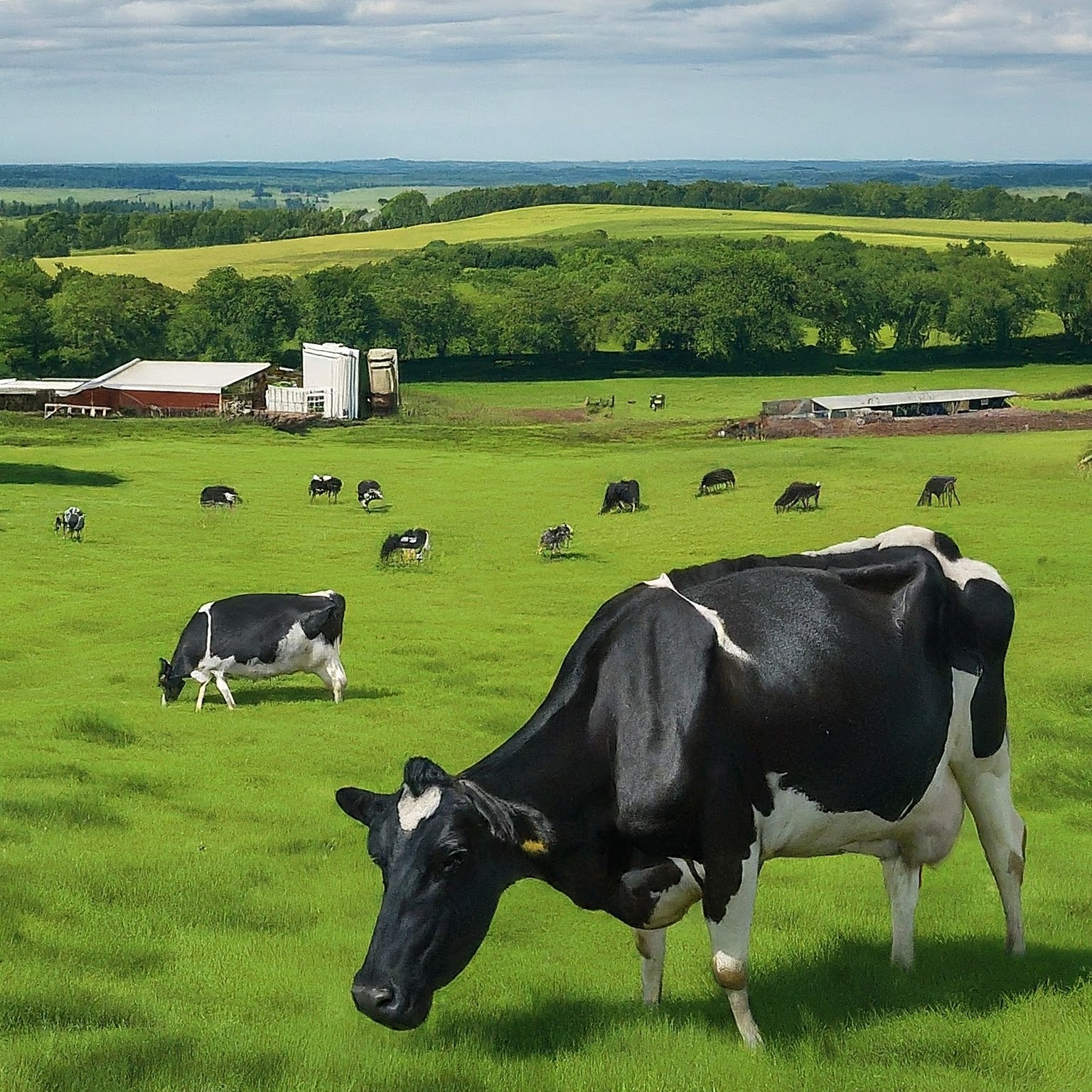- 24 May 2024
- 77
Can Raw Milk Really Give You Bird Flu? Here’s What You Need to Know

Meet Sarah, your friendly neighborhood health and safety blogger! With a background in microbiology and a passion for evidence-based information, Sarah strives to translate complex scientific findings into practical tips for everyday life. Today, we’ll delve into a recent study raising concerns about bird flu transmission and raw milk consumption.
Bird Flu: A Cause for Concern?
Bird flu, also known as avian influenza, is a respiratory illness primarily affecting birds. However, certain strains can pose a threat to humans, particularly those with close contact to infected poultry. While human-to-human transmission is rare, recent outbreaks in animals have sparked concerns about potential spillover effects.
Raw Milk and the Bird Flu Question Mark
A recent study published in the New England Journal of Medicine has stirred the pot regarding raw milk consumption and bird flu risk. Researchers at the University of Wisconsin-Madison and the Texas A&M Veterinary Medical Diagnostic Laboratory investigated the impact of bird flu-infected raw milk on mice.
Key Findings of the Raw Milk and Bird Flu Study:
| Aspect | Key Finding |
|---|---|
| Mice Exposure | Mice fed raw milk laced with bird flu showed high levels of the virus in their lungs. |
| Virus Location | The virus was primarily detected in the respiratory system, suggesting potential for infection. |
| Refrigeration Impact | Lower storage temperatures reduced the viral load in the milk, but complete elimination wasn’t confirmed. |
| Human Relevance | The study utilized mice and doesn’t directly translate to human risk. However, it warrants further investigation. |

Important Note: This is a single study, and more research is needed to determine the definitive risk posed by raw milk consumption in relation to bird flu transmission in humans.
Staying Safe: Minimizing Bird Flu Risk
Here are some practical tips to minimize your risk of bird flu exposure:
- Practice good hygiene: Wash your hands thoroughly with soap and water after handling poultry or eggs.
- Cook poultry thoroughly: Ensure proper internal temperatures (165°F for poultry and 180°F for stuffed poultry) to kill any potential viruses.
- Avoid Raw Milk Consumption: The CDC recommends against consuming raw milk due to various health risks, including bacterial contamination. Pasteurization, a heat treatment process, effectively eliminates harmful pathogens from milk.
Conclusion: Knowledge is Power
While the current evidence doesn’t definitively link raw milk consumption to human bird flu transmission, it’s crucial to stay informed and prioritize safety. Opting for pasteurized milk products and adhering to proper hygiene practices remain the best ways to safeguard yourself and your loved ones.
If you have further questions or concerns about bird flu or raw milk consumption, consult your healthcare provider. They can offer personalized advice based on your health status and risk factors.
Remember: Knowledge empowers us to make informed choices. By staying updated on the latest research and adhering to safety recommendations, we can minimize risks and promote well-being.

